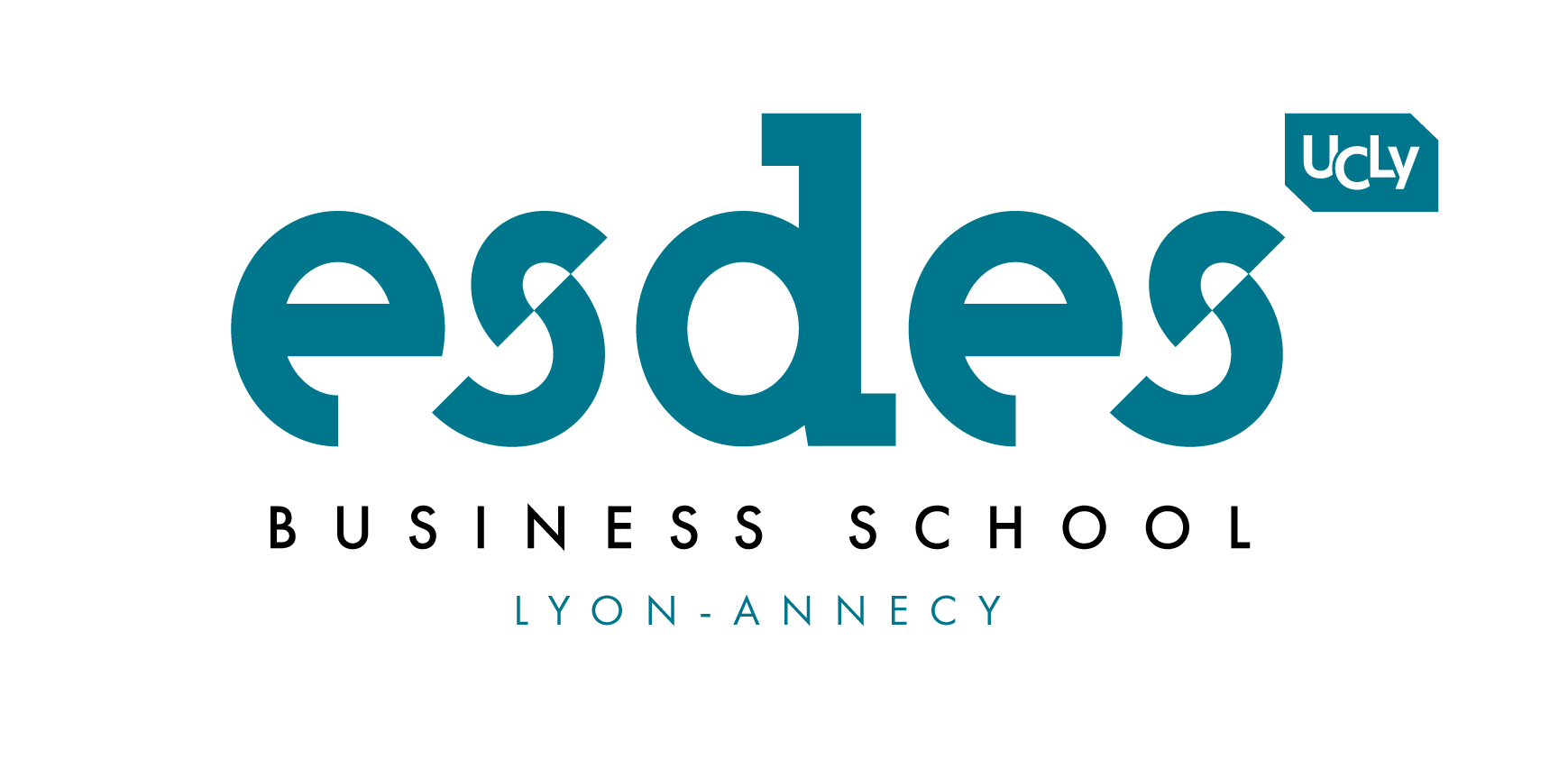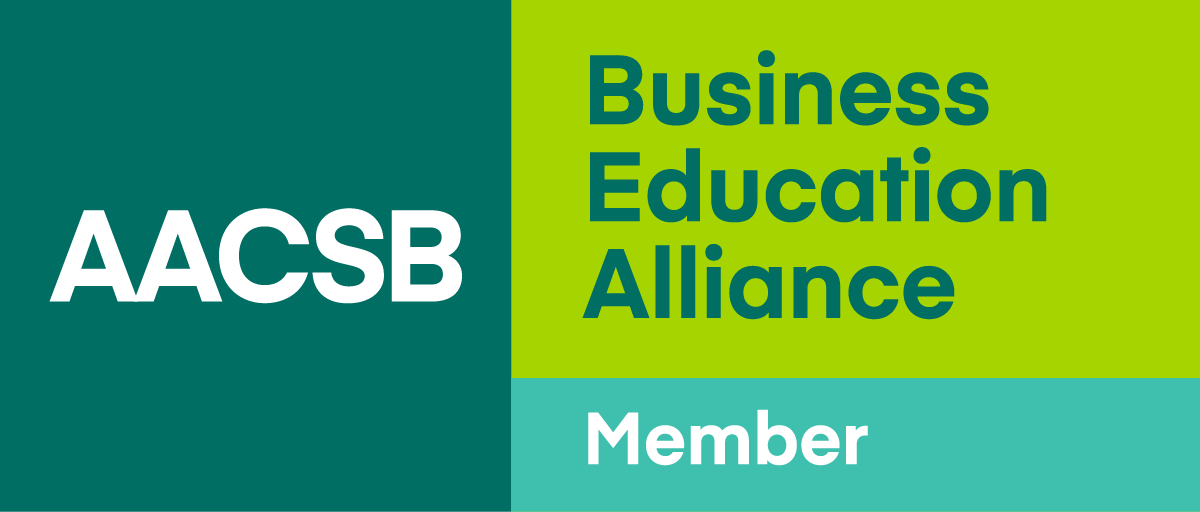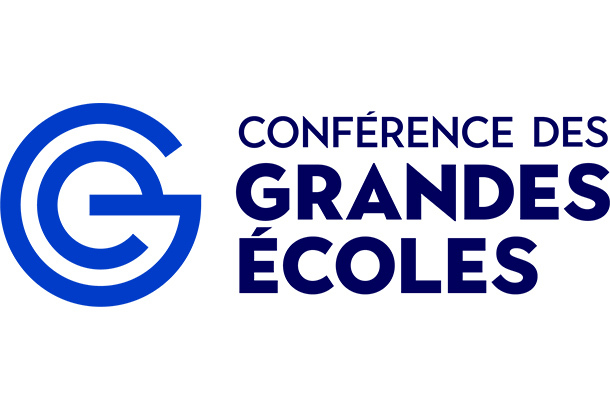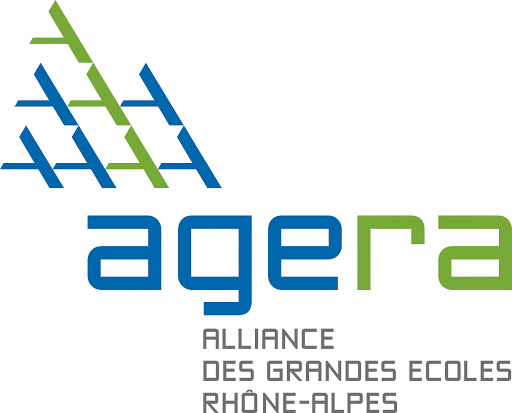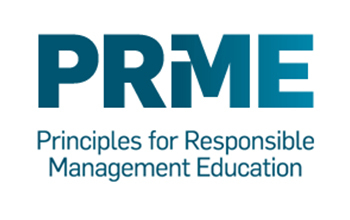- Homepage
- ESDES’s blog
- Orientation
- Join our CIPS-accredited Master’s program in Supply Chain Management
ESDES
1 min.
14 June 2021
Accreditation is a form of continuous quality control that ensures that programs or institutions meet established national or international standards. The international CIPS (Chartered Institute of Procurement Purchasing and Supply) accreditation governs the Purchasing and Supply Chain sectors, or in other words, ‘Operations Management’. The CIPS is a global community of more than 200,000 supply chain experts from various organizations and companies from different sectors.
What does CIPS accreditation mean to the business world?
This accreditation opens doors for graduates to some of the largest international companies. According to the Hays Salary Survey and Guide (2020), 64% of the large companies that responded to the survey said they require their future employees to be MCIPS (CIPS Members) or in a training program that allows them to become an MCIPS.
In addition, according to the same study, MCIPS professionals tend to earn higher wages, on average 17% more than their non-MCIPS counterparts.
CIPS accreditation at Esdes
The International Supply Chain and Purchasing specialization from the Esdes Business School's Grande Ecole Program trains high-level specialists in international supply chain management, enabling them to manage supply projects or even an entire international network.
The program is taught entirely in English by the faculty’s teaching staff, a team of high-level academics and professionals. Students enroll on this course from all five continents.
These students get the opportunity to spend a minimum of one semester abroad, either as part of an exchange, an internship, or a double degree program at a partner university.
For the Students who graduate from Esdes Business School with a Master’s degree in International Supply Chain and Purchasing, the CIPS accreditation is a guarantee of excellence and a major asset for their future careers: 95% of these students receive permanent job offers from various Supply domains, especially from large international groups, before the end of their final-year internships.
